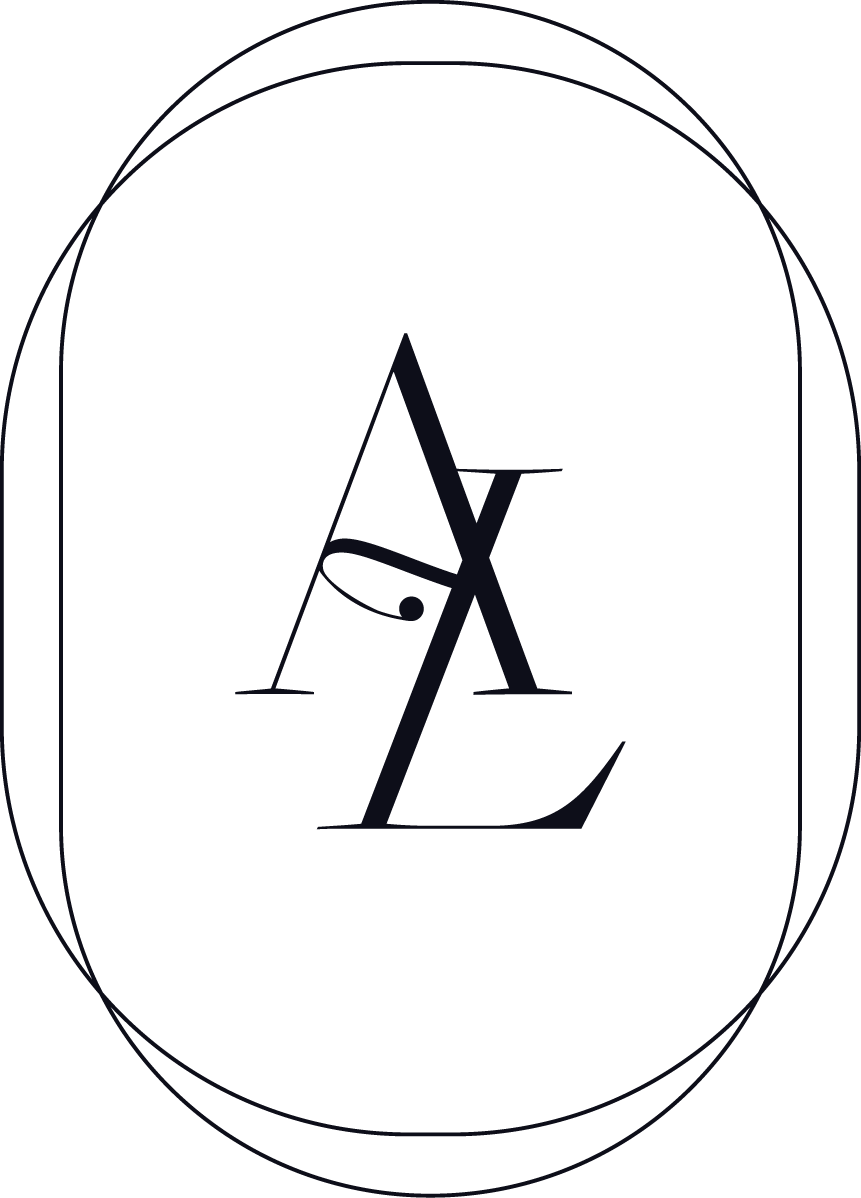Collagen is the body’s most abundant protein and often hailed as the “fountain of youth” in the beauty space. It’s what helps our skin cells renew and repair themselves and gives our skin that plump, youthful look. Collagen is found in our bones, muscles, tendons and skin and is the main component of connective tissue that provides the structure to hold our bodies together and withstand the stretching of tissues. As we age past 30, our collagen production naturally decreases, which leads to thinning skin and a loss of elasticity (aka wrinkles). So if you’re on a mission to boost your skin’s elasticity, or prevent collagen degradation in your skin, here are a few ways you can naturally boost your collagen!
Cut back on cigarettes and alcohol and eat nutrient-rich foods
Cigarettes, alcohol and an excessive intake of added sugar and refined carbs have all been linked to lower collagen production. Smoking ages your skin in a variety of ways, but basically, it decreases blood flow and oxygen to the skin and creates toxic free radicals that damage collagen and elastin fibers. Alcohol also impairs the skin’s ability to produce collagen, as well as its natural antioxidant defense system, while sugar interferes with collagen’s ability to repair itself.
Healthy skin goes behind your skincare routine; it’s also about diet! Eat nutrient-rich foods that will naturally boost collagen production, like lean protein (chicken, fish and shellfish), bone broth, citrus fruits, berries, leafy greens, tomatoes and bell peppers. Here are a few more beauty foods for healthy skin!
Red light therapy
RLT uses low wavelength red light to treat skin issues like wrinkles, scars and age spots; improve sleep, joint pain and inflammation; and promote muscle recovery and, you guessed it, collagen production! It works by delivering 5 millimeters of concentrated wavelengths of natural red light into your sin, which is then absorbed by your cells. Not only does this help promote collagen, elastin and fibroblast production, it also helps boost circulation and brings more oxygen and nutrients to your cells and tissues. Basically, when your cells are hit with red light, regenerative effects start to take place.
Vitamin C
I like to keep my skincare routine very simple, but there are a few non-negotiables and vitamin C is one of them! It’s a cancer-fighting antioxidant, a key anti-aging ingredient and can offer extra sun protection by decreasing cell damage and aiding the body’s healing process. After adding a vitamin C serum to my skincare routine, I can tell you that it truly instantly brightens my sin, gives an amazing glow, reduces the look of dark spots and fine lines and protects my skin from daily stressors. Our bodies don’t actually produce vitamin C, so it’s important that we get it from our diet, supplements or skincare!
SPF, SPF, SPF!
For anyone in their 20s, PREVENTION is the most important anti-aging treatment – and it all starts with SPF. You’ve probably heard this 1,000 times but it’s true (and I wish I listened to everyone who told me that!). Sun damage is the fastest and easiest way to damage your skin and the number one cause of premature aging. UV light breaks down collagen and elastin, so make sure you’re applying – and reapplying – SPF every 2 hours.
With summer coming up, make sure you’re practicing sun safety! Here are 4 tips for enjoying the sun without the negative side effects.
Get your beauty rest
Beauty sleep is definitely a real thing! Investing in rest and maintaining a regular sleep schedule can help with collagen renewal and battle the adverse effects of poor sleep. Over time, lack of sleep not only slows collagen production but can also lead to breakouts, skin allergies, fine lines, uneven skin tone, increased moisture loss and slower healing time. Getting at least 7-9 hours of sleep every night is a lifestyle change that will transform your skin. Here are 5 ways you can reset your daily habits for better sleep!
Supplements
For the most part, we can get all of our nutrients from our diets – and we should aim for that – but sometimes, achieving optimal levels of vitamins, minerals and prebiotics/probiotics through diet alone can be hard to achieve. I know when I get busy, I can fall short on eating nourishing meals, which is why I like to add supplements to my daily beauty routine. Consider taking a collagen supplement to help with your body’s natural production and cell renewal process.
Check out this blog post for 6 other supplements you should take for healthy skin!
What are some of anti-aging, collagen-producing tips you live by? I’d love to hear!


